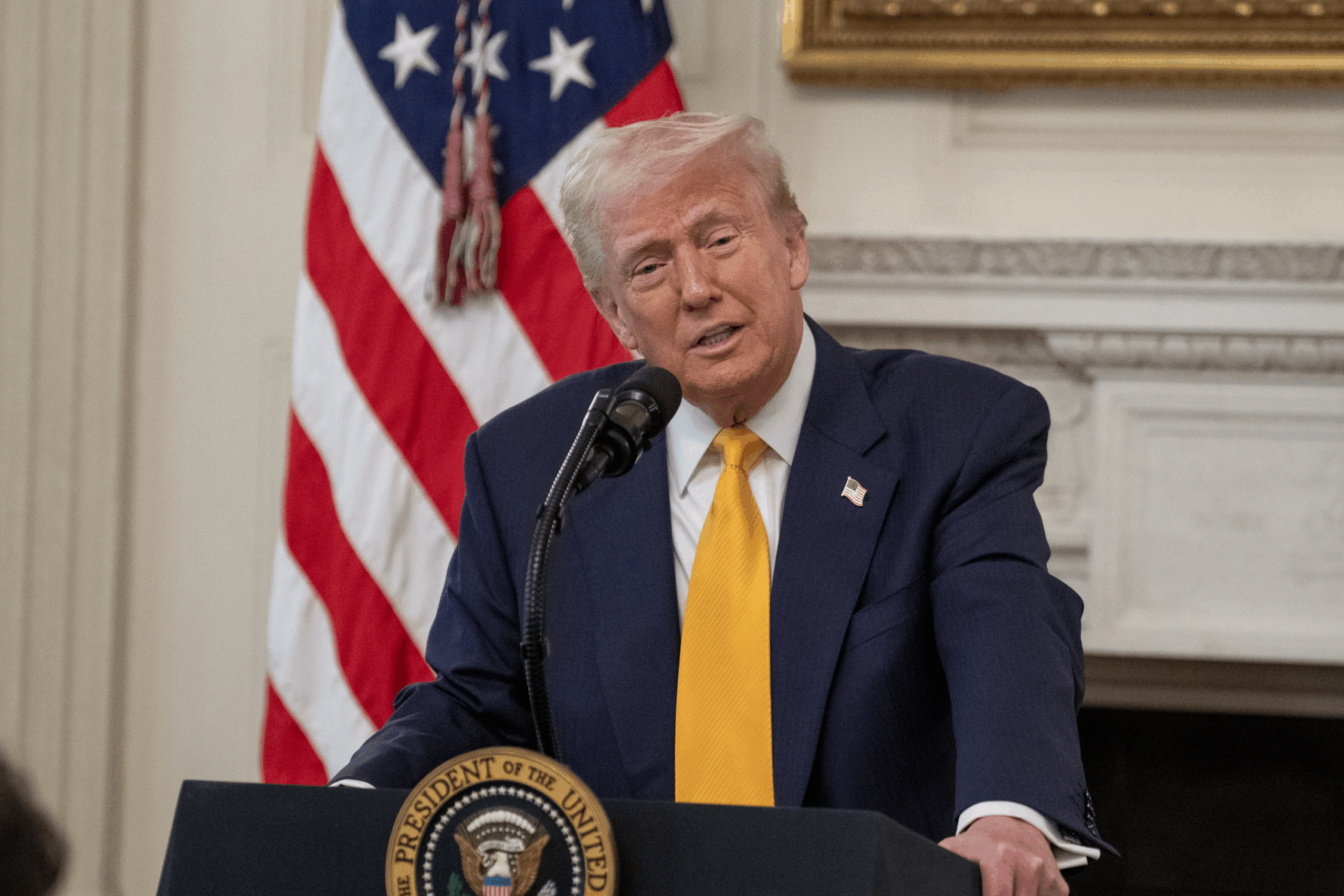Trump demands full control over sanctions against Russia, while Democrats investigate their delay – REC Monitoring
15 July 20:29
Trump may support new sanctions against Russia – but only on his own terms. According to Politico, Trump’s team is demanding full executive control over sanctions policy, considering it the exclusive prerogative of the president, "Komersant Ukrainian" reports.
The current version of the bill stipulates that the president can cancel the 500% tariff on imports of Russian oil and uranium for a period of 180 days with the possibility of extension only with the consent of Congress. Trump insists that such restrictions should be in his hands without legislative interference.
At the same time, Congress is investigating the Trump administration itself. Democratic Senators Jeanne Shaheen, Elizabeth Warren, and Chris Coons initiated an investigation into the five-month delay in implementing sanctions against Russia. They are interested in whether this inaction violates the CAATSA law, the Countering America’s Adversaries Through Sanctions Act. The results of the investigation may form the basis of a new bill that would provide for the automatic imposition of sanctions in the event of new Kremlin aggression.
Context: China and Russia are stepping up cooperation in the field of UAVs
Bloomberg reports that the construction of a large combat drone factory based on the Chinese EVO Max 4T platform is being completed near Khabarovsk. The plant will have a capacity of up to 10,000 UAVs per month, which is three times more than in Russia’s Alabuga (3,000 UAVs per month). The project is being implemented by the Russian company Aero-HIT in cooperation with China’s Autel, despite US sanctions and Beijing’s position of “neutrality.”
American business is also under pressure
Alpha and Omega Semiconductor has agreed to pay a $4.25 million fine to the US Department of Commerce for illegal supplies to Huawei. In 2019, the company transferred 1,650 semiconductor components to the Chinese company without a license, violating export control rules. Although the products were of foreign origin, they were exported from the United States, so they fell under the jurisdiction of local law.









